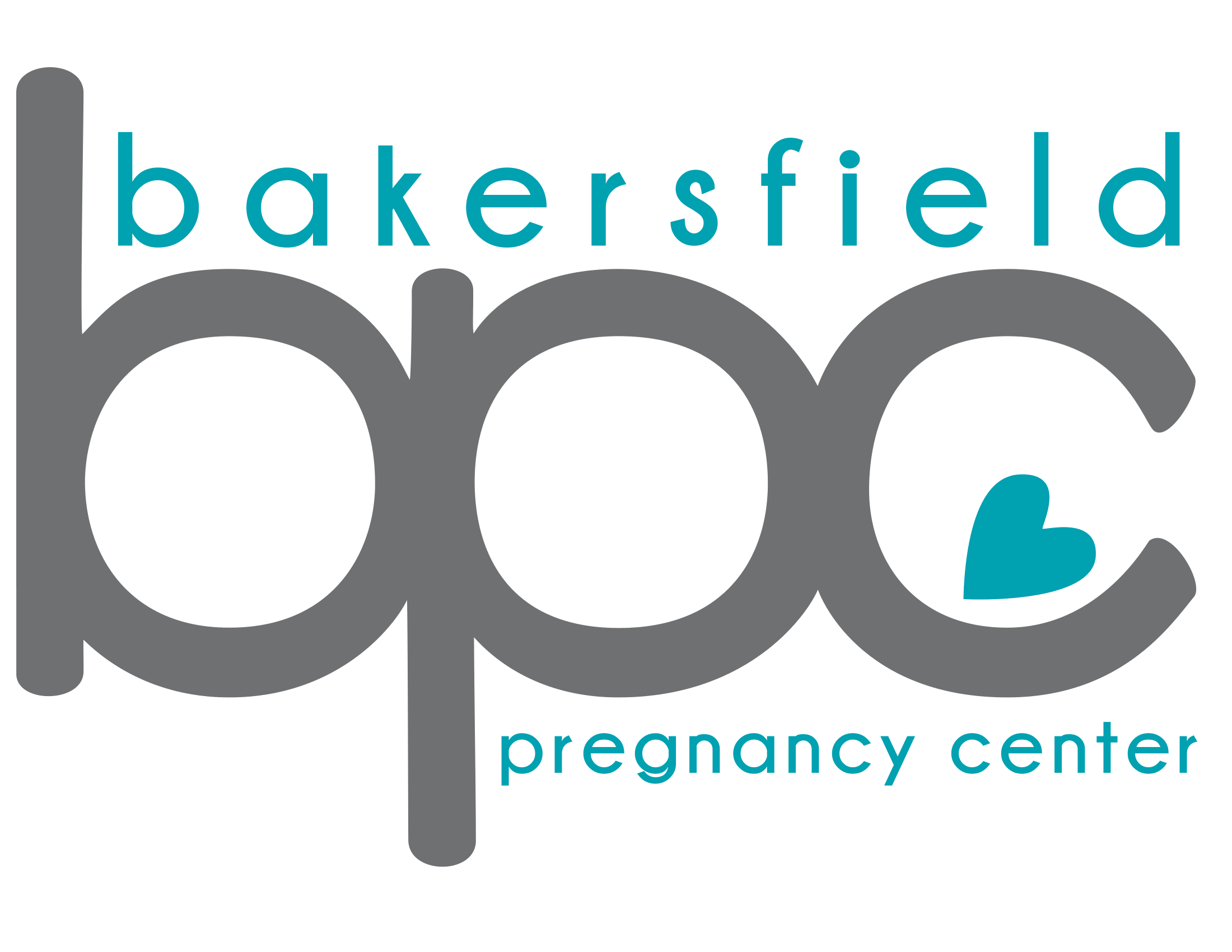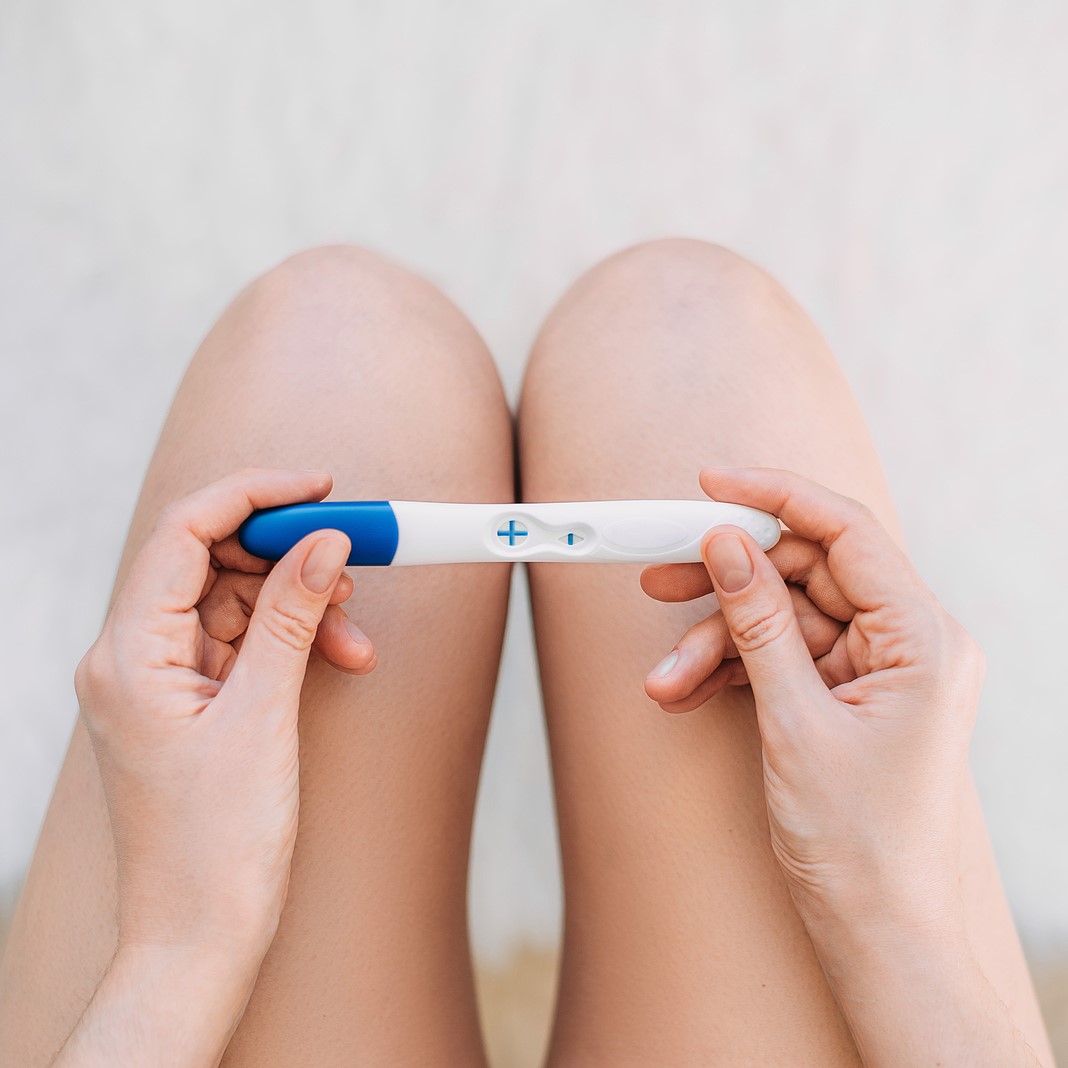Free Ultrasounds in Edward, California
Is Abortion Legal in
California?
At the time of writing (March 2024), abortion is legal in California up to viability. Viability refers to the point in pregnancy when a fetus is developed enough to survive outside the womb with medical help. Viability occurs at approximately 24 weeks of pregnancy[1]. Although ultrasounds aren’t required prior to abortion in California, we strongly recommend it. Keep reading to find out why.
Is Abortion Legal in
California?
Abortion is legal in California up to 30 weeks[1]. You are required to receive an ultrasound before an abortion in California. Keep reading to find out why!


Why Do I Need an Ultrasound?
Maybe your pregnancy test came back positive, but you want a second opinion. Your next step is to receive an ultrasound! However, you may be wondering why you’d want an ultrasound, especially if you’re thinking about terminating the pregnancy.
The answer is that ultrasounds provide the insight needed to make an informed and empowered decision for an unplanned pregnancy! They determine two key things about your pregnancy: viability and gestational age.
What is Pregnancy Viability?
A viable pregnancy means that the pregnancy is progressing properly. For example, at about 6 ½ – 7 weeks gestation, the embryo should have a detectable heartbeat[1]. The goal is to rule out a nonviable pregnancy, such as a miscarriage or an ectopic pregnancy—in either case, abortion isn’t needed.
What is Gestational Age?
How far along am I? Your ultrasound can answer that question! It’s important to know how far along you are (also known as your gestational age), as you can’t take the abortion pill past 10 weeks of pregnancy[2]. If you intend to travel out of state for a surgical abortion, be aware that the surrounding areas may prohibit abortion beyond a certain point in your pregnancy as well.
Before spending your money only to find out you aren’t eligible for abortion, consider receiving a free ultrasound at Bakersfield Pregnancy Center! If your ultrasound determines that you’re too far along for abortion, our compassionate patient advocates will help you explore all of your pregnancy options, so you can make the best choice for your health and future!
Schedule Your Free Ultrasound Today
No matter where you are in your unplanned pregnancy journey, you aren’t alone! Bakersfield Pregnancy Center provides free ultrasounds in Edward, California, so you can get the insight needed to make an informed decision.
Give us a call at (661) 326-1907 or schedule your appointment online today. All services are confidential and free of charge!

Are you looking for more information about?
Please be aware that Bakersfield Pregnancy Center does not provide or refer for abortion services. Additionally, this article is not meant to be a substitute for medical advice or treatment. Our limited ultrasound examination is strictly for the purposes of confirming your pregnancy, detecting fetal cardiac activity, and estimating gestational age. We cannot diagnose any medical problems you may be experiencing, pregnancy-related or otherwise.
Sources
- Early Fetal Development. American Pregnancy Association. (2023, September 20). https://americanpregnancy.org/healthy-pregnancy/pregnancy-health-wellness/early-fetal-development/
- Center for Drug Evaluation and Research. (2021, December 16). Mifeprex (Mifepristone). U.S. Food and Drug Administration. Retrieved from https://www.fda.gov/drugs/postmarket-drug-safety-information-patients-and-providers/mifeprex-mifepristone-information



